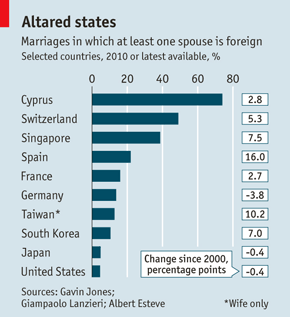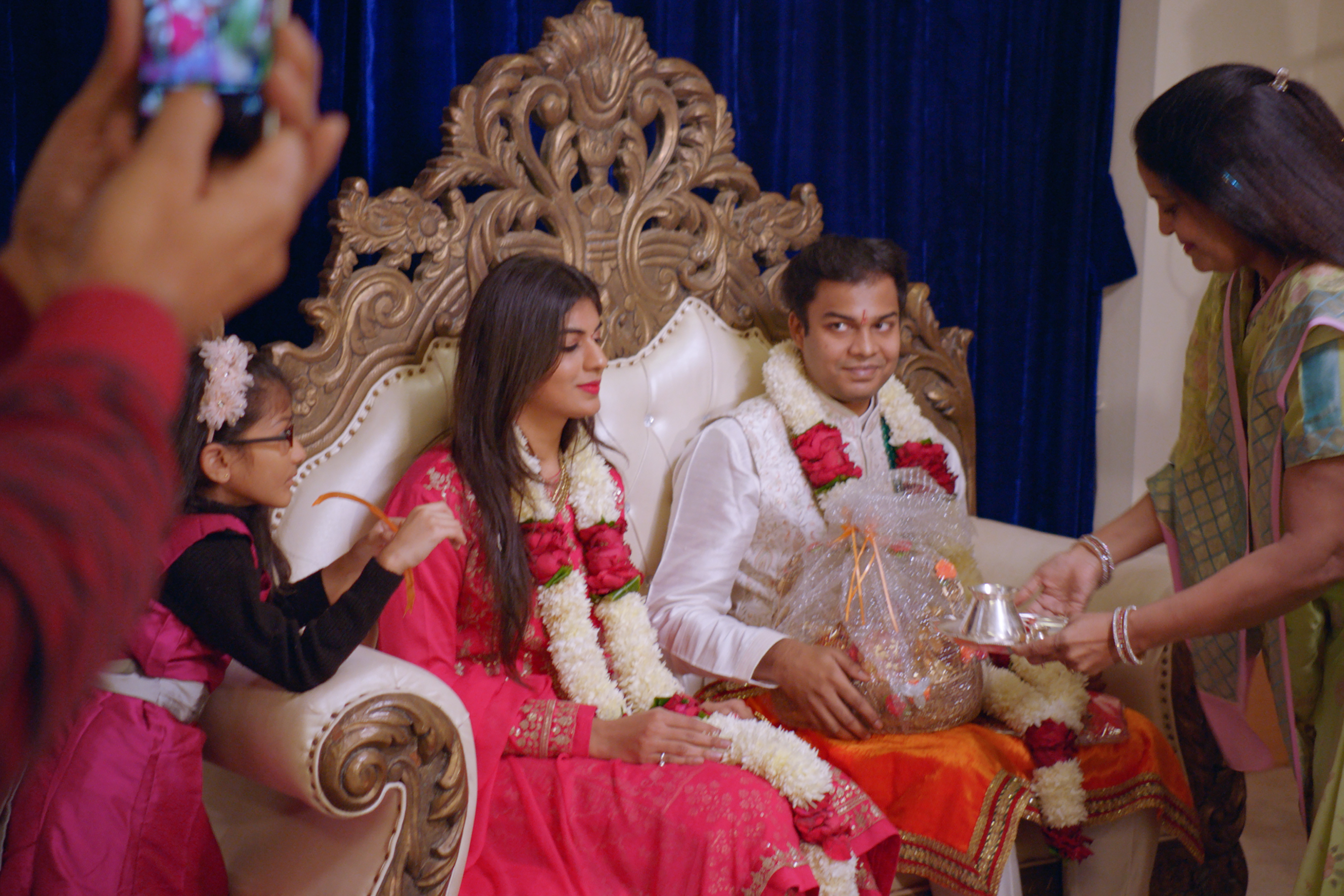

Families believe their daughters are safer with husbands. This trend is a result of strife and displacement. The share is now 30 %, while it was only 13 % in Syria before the war. The western view of societies in the Middle East and North Africa (MENA) is currently being marked by media reports on sexual violence against women perpetrated by the terrorist militia ISIS and by forced marriages ( see box).Īccording to UNICEF, the number of married women under 18 has indeed gone up among the Syrian refugees in Jordan. They are prone to declare the entire Arab region to be backward and obsess about wearing veils and the suppression of Muslim women.īoth perceptions are socially constructed, and they have been shaping collective perceptions for a long time.

Arabs developed a sense of moral superiority from what they saw as the depravity of western women, whose desire for emancipation undermines family values. The role of women and the way gender relations are organised have been moulding the West’s and the Arab region’s perceptions of each other since the 19th century. It contrasts with many stereotyped perceptions in the West (El Feky 2013). Kenza’s attitude is a refreshing mix of modern and traditional views and values. But I could not imagine marrying someone my parents objected to,” Kenza says. “I approve of this law because, after all, I’m a grown woman and can stand up for myself. Thanks to a reform of family law in 2004, Moroccan women are allowed to marry without the written consent of their fathers or other male guardians. The approval of her parents, especially her father, means a lot to Kenza. Whatever Kenza’s parents thought of their daughter marrying for love, they did want to make sure the candidate had the right educational background, financial prospects and good manners. The families observed the traditional introduction rituals: there were reciprocal visits by mothers and aunts and discreet checks on the prospective in-laws’ reputation. To get engaged, Kenza needed her parents’ consent. She could not marry a non-Muslim under Moroccan law there is no system of civil marriage. Kenza has fulfilled her dream of a romantic love match but conventions still matter. “We talked a lot, and then we clicked – outside Facebook,” the young woman says with a smile. She and her fiancé met at a seminar and became closer chatting on Facebook. “I see no reason to move out until I marry.” “I get on brilliantly with my mom and dad,” she explains. Although she could have bought her own apartment long ago, she still lives with her parents. She has a good university degree, works as well-paid manager, owns her car: Kenza (all names have been changed) is a 32-year-old Moroccan and proud of her career and financial independence. It is still normal, however, for parents and grandparents to have a say in the choice of a spouse. A growing number of young people find their partners without mediation marriage for love is their ideal. Matrimony between cousins is still widespread, but matches of this kind now account for at most a quarter of all weddings. The number of arranged marriages in the Middle East and North Africa is decreasing.


 0 kommentar(er)
0 kommentar(er)
